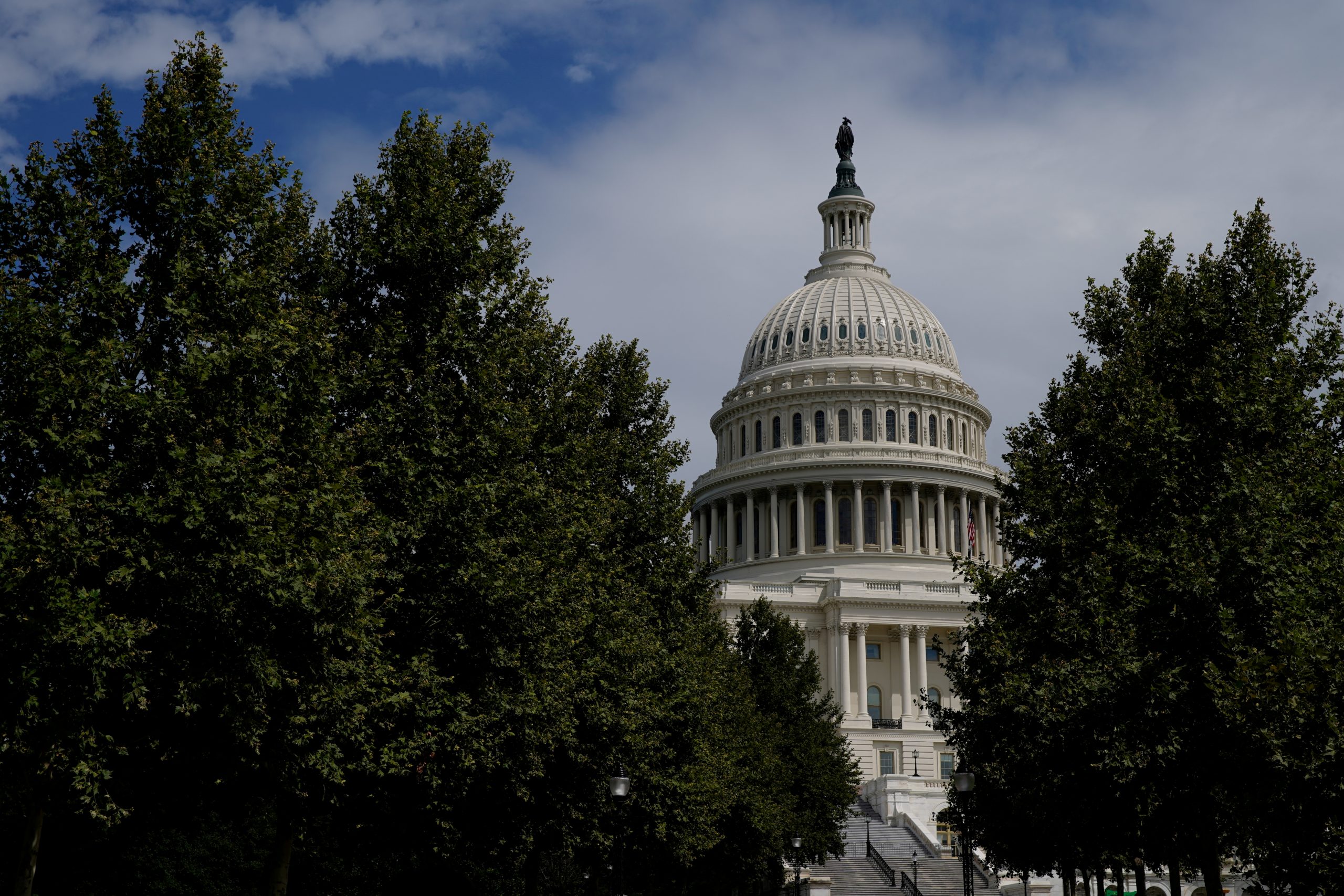
Willie R. Tubbs, FISM News
[elfsight_social_share_buttons id=”1″]
The debate over increasing taxes to fund Democrats’ social spending package began in earnest Tuesday, as federal lawmakers got their first chance to go on record following the Monday release of the House Ways and Means Committee’s budget proposal.
The committee met on Tuesday to continue its markup of the package, the process by which the committee and its chair finalize the proposal that will be presented to the House.
The package is currently estimated to cost $3.5. trillion. Democratic proponents hope to pass most of that cost, about $3 trillion, onto corporations and the wealthy. As currently worded, this legislation would raise the corporate tax rate from 21% to 26.5% for companies with more than $5 million in income and enact a graduated tax increase based on pay for Americans making more than $400,000 a year.
Additionally, the plan would increase taxes on tobacco and nicotine products and close a tax loophole in cryptocurrency investment.
As explained by CNBC’s Greg Iacurci, under current law, investors can sell cryptocurrency at a loss to avoid or reduce capital gains tax, but can also reacquire the same cryptocurrency to benefit from sudden, often drastic, upswings in value.
Republicans argue that this proposal, though aimed at the rich, will reap heavy damage in the American middle class.
“Never has our government wasted so much to kill so many American jobs, drive prices even higher and hook a whole new generation of poor on government dependency,” said Rep. Kevin Brady of Texas, the highest-ranking Republican on the Ways and Means Committee.
Brady argued that increased taxes would lead to job losses.
“When businesses are fighting to recover from the COVID pandemic, how will raising their taxes, help them get back on their feet and get Americans back to work,” Brady said.
Ways and Means Committee Chairman Richard Neal (D-Mass.) said this plan was a responsible way to fund the social spending package and noted that the increased rates would be lower than those found in the 2017 budget plan championed by then-President Donald Trump.
Even before Republicans spoke, Neal attempted to defeat their middle-class argument stating, “despite the rhetoric we will hear today, the truth is we have carefully made sure to protect middle-class Americans and small businesses from experiencing any tax increases.”
But the committee’s plan is not just under attack from politicians on the right.
In their article, The New York Times’ Jonathan Weisman and Jim Tankersley quipped that “the proposal, while substantial in scope, stopped well short of changes needed to dent the vast fortunes of tycoons like Jeff Bezos and Elon Musk, or to thoroughly close the most egregious loopholes exploited by high-flying captains of finance. It aimed to go after the merely rich more than the fabulously rich.”
Rep. Alexandria Ocasio-Cortez, the New York Democratic Congresswoman who on Monday wore a dress that read “Tax the Rich” to the $30,000-per-ticket Met Gala event, had not yet commented on the proposal, but she has long pushed for massive tax hikes on the wealthy.
In 2019, shortly after being sworn into office, Ocasio-Cortez began advocating for a 70% tax on people who earned more than $10 million in a year.
